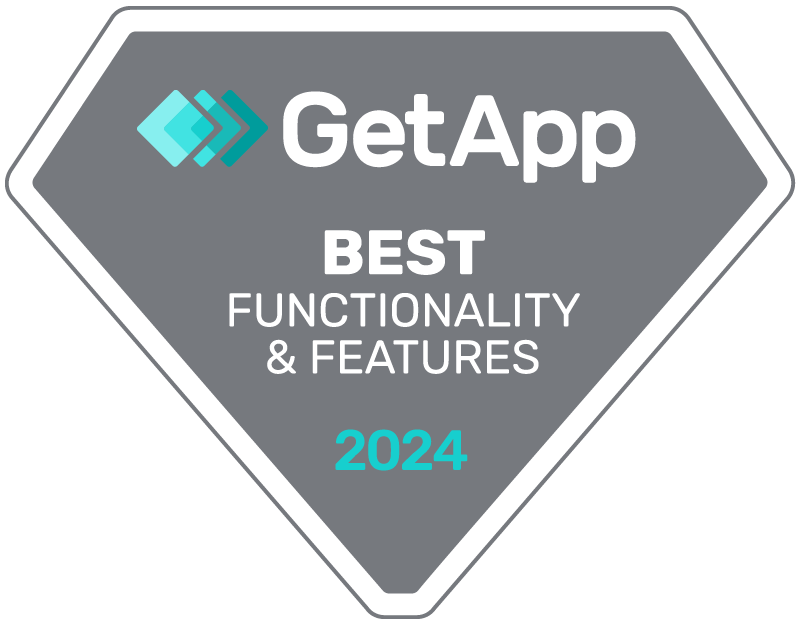Why now is the time to upgrade your listening strategy

During the recent lockdown period, listening to staff concerns and focusing on the employee experience has been vital to continuing some sort of ‘business as usual’ service. While we are a long way from normality, in the UK, we are now transitioning to a new period as we emerge from full lockdown. We need a listening strategy!
Moving to the new reality
Employees are being encouraged to return to company sites if they can’t work from home and an increasing number of shops are now able to open. Consumer expectations have also changed – in the early days of lockdown they accepted that many products and services wouldn’t be available, but a wider choice is now expected, even if the shopping experience may be an adjusted version.
To meet these changing needs from employees and customers, companies need to therefore evolve their operations, whilst adhering to regulations around employee safety and social distancing.

Discover what truly motivates your employees so you can skyrocket your productivity and profitability.
Learn moreThe importance of listening strategy to move forward
Clearly, listening to employees and using their insight to inform tactics was vital during full lockdown. Our own research found that the overwhelming majority of employees were happy with the response of their organisations, with 88% believing their leaders cared about their health and well-being for example. However, given the size of the change and the speed at which new measures were implemented, there were clearly areas for improvement. Feedback from employees was crucial to identifying and solving these – as my previous blog explains.
However, in this new reality employees have very different needs, in particular around four key area.:
Listening strategy focus areas:
-
Trust in senior management
Many businesses are being forced to change. Unfortunately, there are likely to be greater job losses as companies reshape themselves to cope with the new world. Many will fail or be acquired by rivals. All of these concerns will impact employees as they worry about their futures. Employees want to work for organisations where they trust their leaders to do the right thing for their business and for themselves. Listening to employees, acknowledging their concerns and allaying unfounded fears will be vital, as well as being as clear as possible about future plans.
-
Safety, health and wellbeing
Social distancing rules remain in place, and the workplace is no exception. Employees will want to be reassured that they can work in an environment that is safe for themselves and others, particularly in industries that have a great deal of face-to-face contact, such as transport, education, tourism and hospitality. There is also a growing awareness of the importance of supporting the mental, as well as physical, health of employees, especially with disruption to working patterns and wider worries about the future. Employers should not under-estimate the effects of the lockdown to date on the mental health of their employees.
-
Different ways of working
While it was forced upon many, working from home was already increasingly popular with employees. Many may not want to return to the office full-time, or may still need to work remotely due to health concerns or other commitments. This links to another continuing trend – the move away from hierarchical organisations to ones based on more agile and more nimble teams. Meeting the needs of employees who are embracing multiple different ways of working is a challenge, and can only be met through listening and understanding their requirements.
-
Organizational purpose
The crisis has accelerated another existing trend around the need for an organizational purpose which motivates employees. Employees increasingly want to work for employers that have a clear purpose, operate ethically and show social responsibility. The response of many businesses to the pandemic has demonstrated the importance of this, with many companies stepping up to give back and help their communities and people. This in turn has engendered loyalty among employees whose organisations have adopted more responsible behaviours, and placed a high value on caring for their staff and for the community.
New ways of listening strategy for a new world of work
All of this means that listening to, and acting on, feedback has become even more vital than before. New ways of working require new ways of listening, accelerating the pre-existing trend away from a single, annual employee engagement survey to more regular continuous listening and engagement. The importance of feedback, two-way communication and experience are now front of mind for everyone, whether employees, managers or HR teams.
To thrive in the new world, businesses need to start with their most valuable asset – their people – and ensure they are motivated, happy and productive. They need to use their ideas to drive improvements in how they operate and that starts with collecting and acting on more regular, flexible feedback, with surveys focused on employees’ changing concerns.
Businesses therefore need to implement (or extend) continuous listening programmes to monitor and quickly act on employee perceptions. They need to link regular feedback insights together in ways that make it easy for managers to take action, measure the impact of changes and continually improve the employee experience.
Only by embracing new ways of listening will companies be able to position themselves for the future, motivate employees and meet coming challenges. It is impossible to predict what will happen over the next few years – so businesses need timely employee insight to ensure they can be flexible, agile and responsive.
To help organisations to prepare for the new normal Questback is launching an easy-to-deploy employee experience solution that includes a best practice survey focused on the new world of work, an intuitive dashboard to turn insight into actions, strategic consultancy and continuous listening to monitor employee perceptions.
Read more about eNPS









